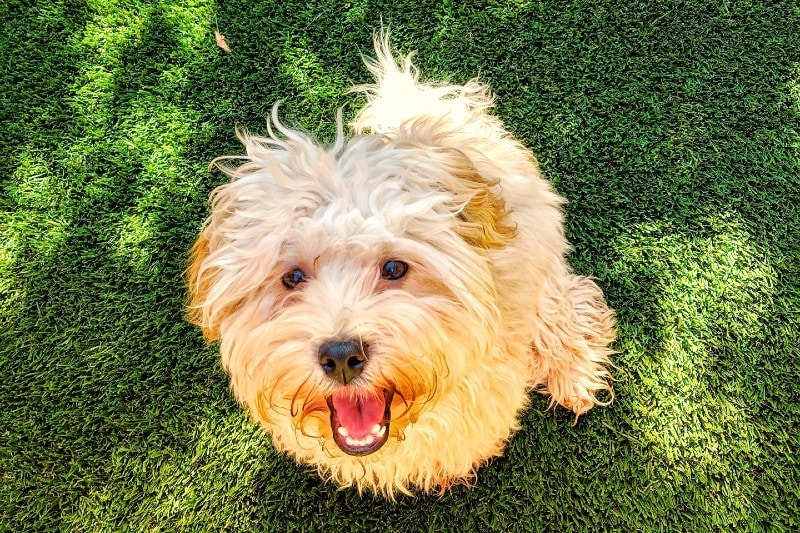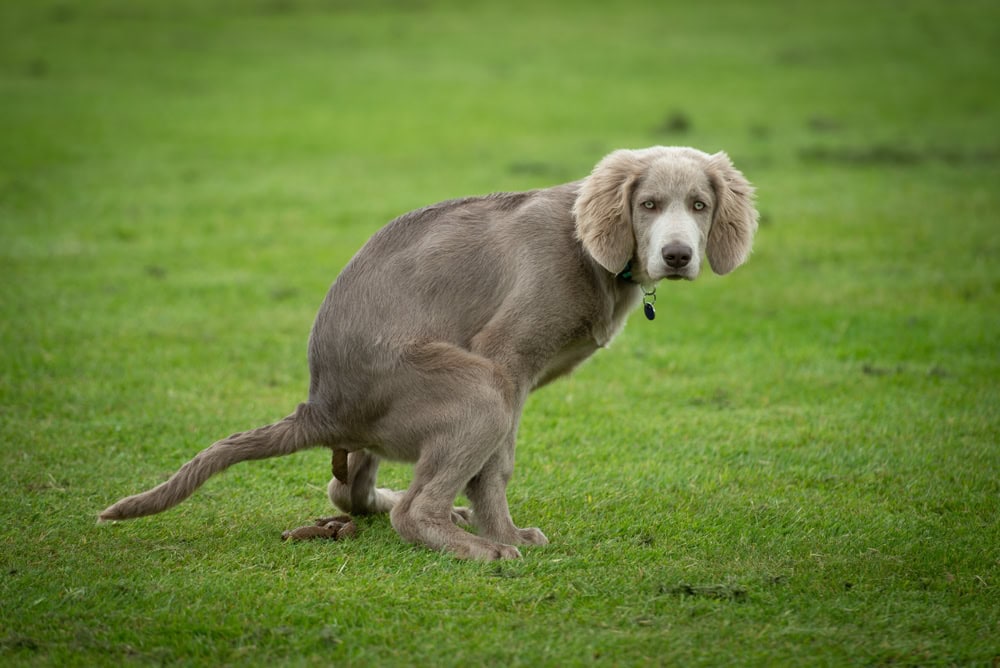Australian Shepherd vs. German Shepherd: The Key Differences (With Pictures)
Updated on
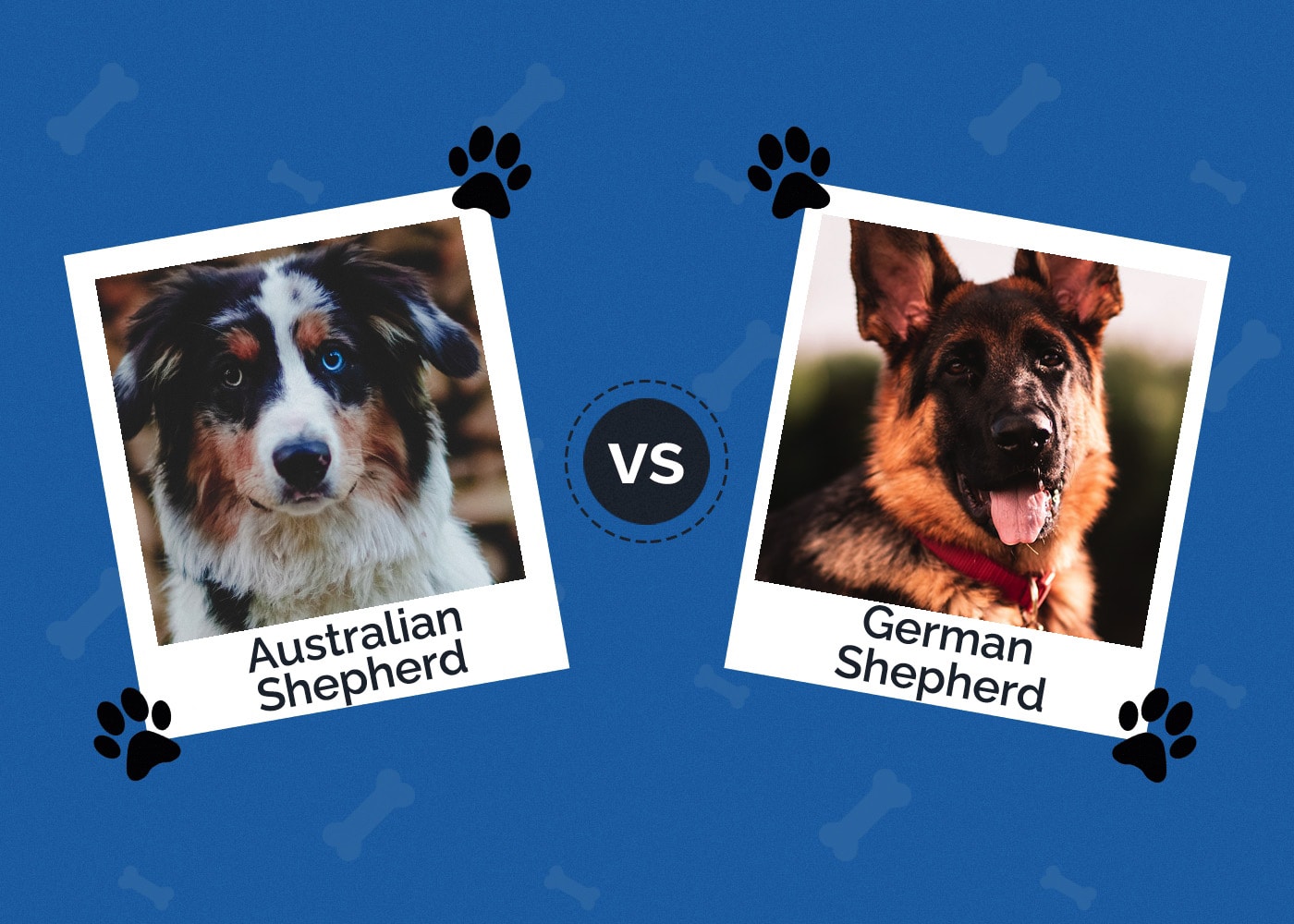
You might think that because they share a last name, an Australian Shepherd and a German Shepherd are the same dog breed. However, they are entirely different breeds. Though both dogs are intelligent, loyal, love people, were bred to herd livestock, and even share similar names, they also have quite a few differences to talk about.
Some of the ways they differ include their health, life expectancy, and country of origin, to name a few. In this article, we’ll discuss the differences between these two dog breeds, so you can decide which is ideal for your home.
Visual Differences
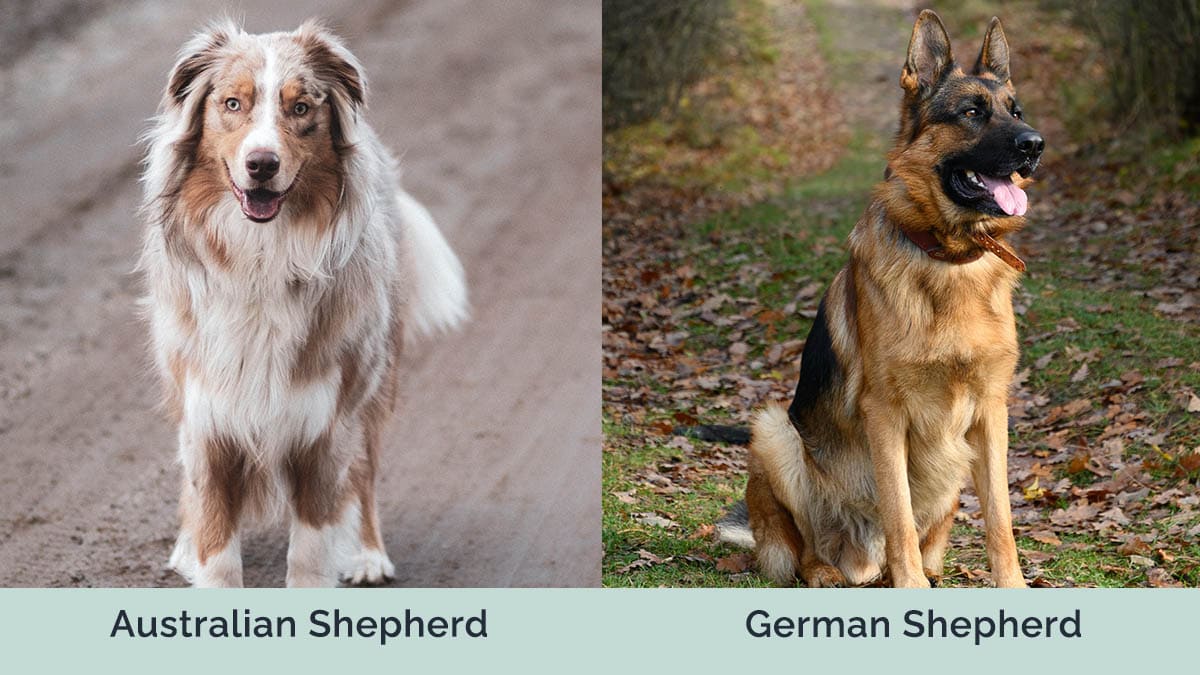
At a Glance
- Average height (adult): 18–23 inches
- Average weight (adult): 35–70 pounds
- Lifespan: 13–15 years
- Exercise: 1+ hours a day
- Grooming needs: High
- Family-friendly: Yes
- Other pet-friendly: Yes
- Trainability: Intelligent, loyal, eager to please
- Average height (adult): 22–26 inches
- Average weight (adult): 49–88 pounds
- Lifespan: 9–13 years
- Exercise: 45–60 minutes a day
- Grooming needs: Easy
- Family-friendly: Yes
- Other pet-friendly: Yes
- Trainability: Easy to train, intelligent, eager to please
 Australian Shepherd Overview
Australian Shepherd Overview
The Australian Shepherd reaches 18 to 23 inches in height and tops out at 35 to 70 pounds by adulthood. They have a life expectancy of 13–15 years. This breed is intelligent, eager to please, easy to train, and extremely loyal to its pet parents.
The Aussie was derived from Basque herding dogs and is extremely popular in the United States as sheep herders. It is partially responsible for a few other mixed breeds, including the Border Collie, Shetland Sheepdog, and the German Shepherd.
In this section, we’ll give you some insight into the Aussie’s personality, training needs, health issues, and breeding.
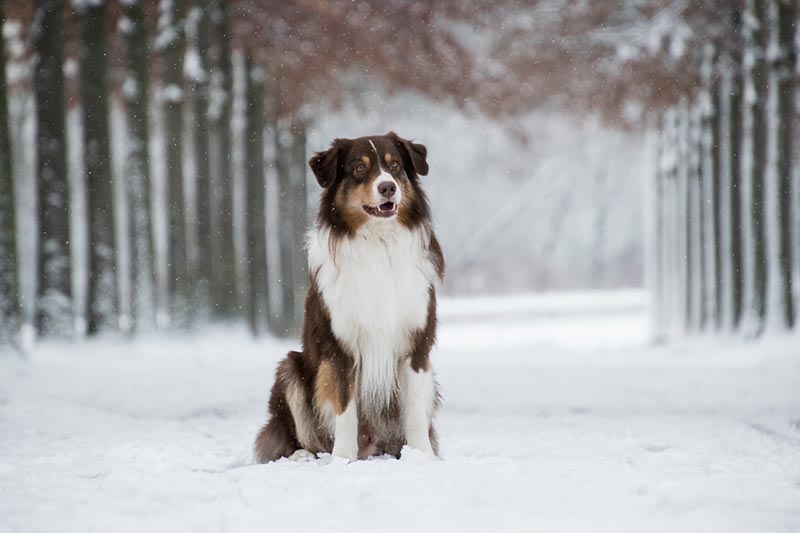
Personality / Character
The Australian Shepherd is a friendly, loyal pet that is extremely intelligent. It is easygoing and loves nothing more than to please its pet parents. Aussies are lively and love to get out and play with their owners.
They are quite territorial, so you’ll need to ensure your dog knows who is considered a friend and who isn’t at an early age. They will alert you by barking if someone comes onto your property or into your home, and they can be protective, so it is important to socialize and train them.
Training
Australian Shepherds are easy to train since they are eager to please their owners. This breed loves to learn new things, so you should have no problem teaching the dog to behave or teaching it tricks.
Aussies are good at training for agility events and hunting. However, sometimes behavior training is required, as they can be stubborn and need a firm hand to ensure they behave the way they should.
Health & Care
As with any other dog breed, the Aussie has a few health issues to watch out for. These include minor conditions such as cataracts, thyroiditis, and allergies. They also have a few severe conditions you should be on the lookout for. These include epilepsy, lymphoma, and hip and elbow dysplasia.
If your Aussie shows any signs of the above conditions, it is best to make an appointment with your vet for diagnosis and possible treatment.
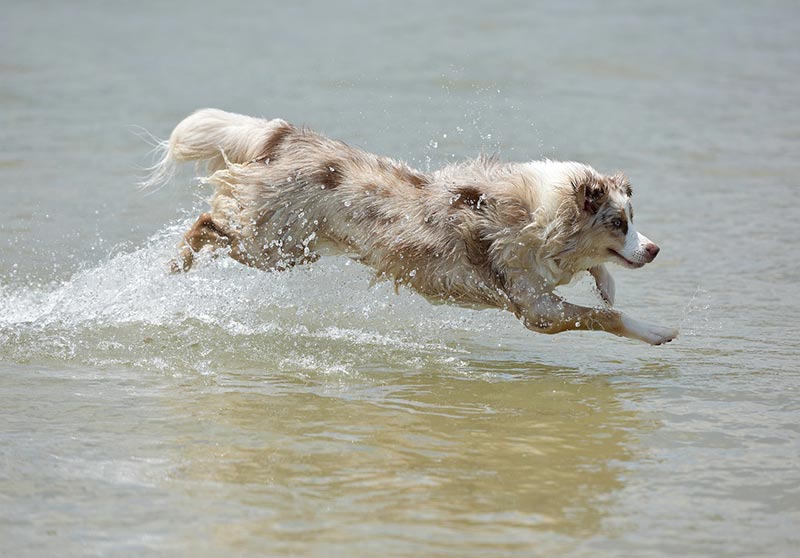
Breeding
The Australian Shepherd comes from Basque herding dogs that were further developed in the United States for hunting and sheep herding. They are reliable working dogs but are primarily purchased as loyal companion animals.
Suitable for:
Australian Shepherds are energetic and are suitable for active families and singles. They love playing with children and will protect the little ones they love. They also get along with other animals but can try to be bossy with them because of their herding instincts, so socialization is vital.
German Shepherd Overview
The German Shepherd is a loving, loyal, intelligent pet as well. They reach between 22 and 26 inches in height and top out at between 49 and 88 pounds when full-grown. They have a life expectancy of 9–13 years and are friendly, eager to please, and love their pet parents unconditionally.
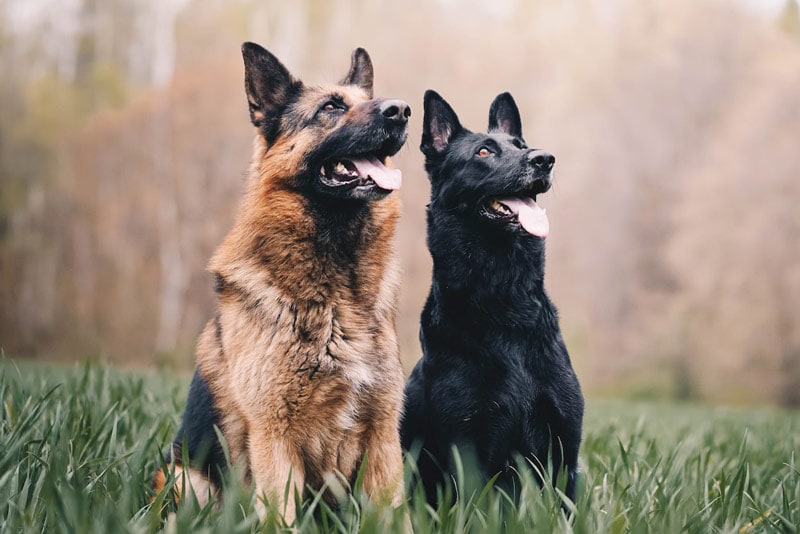
Personality / Character
The German Shepherd is a loving dog and is known for being incredibly courageous as well. They can also be highly protective of their families, so you do need to enforce the rules with this breed. As you probably already know, they are often used as guard dogs and service dogs.
They are also intelligent and eager to learn new things. If you’re looking for an excellent pet, the German Shepherd could be the best breed for you.
Training
German Shepherds are eager to please and aren’t very hard to train. It’s recommended that you have 5-to-10-minute training sessions with your German Shepherd every day when they’re young. Longer sessions are better when your pup matures into an adult. Make sure you don’t get frustrated with your canine pal, as this will cause it to become stubborn and unwilling to learn.
Health & Care
As with the Australian Shepherd, the German Shepherd has a few health issues that you should watch out for. One condition to watch out for with your German Shepherd is hip dysplasia, which affects many larger dog breeds. A more severe condition to watch for is Degenerative Myelopathy. Unfortunately, it is not a curable disease.
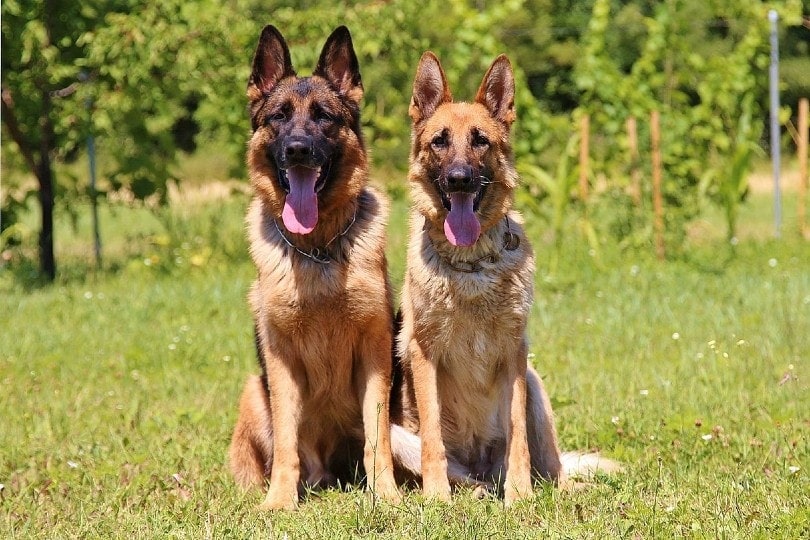
Breeding
German Shepherds are very popular, not only in the United States but in the rest of the world as well. The dog breed originated in Germany and was used for herding and hunting. Today, German Shepherds are adopted more as pets than working dogs, but the military and law enforcement agencies rely heavily on dogs to detect bombs, drugs, and other substances. Rescue organizations also use the German Shepherd to locate missing people after disasters.
Suitable for:
German Shepherds make great family dogs, but they make excellent guard dogs as well. If you’re searching for a protective dog that gets along great with children and will guard your home, the German Shepherd may be for you.
Which Breed Is Right for You?
As you can see, the German Shepherd and the Australian Shepherd have quite a few similarities, but they also have a few differences. They are both loyal, eager to please, loving, and protective. The German Shepherd may be a bit more protective than the Aussie, but they will do what it takes to protect their families.
When it comes down to it, which breed you choose depends on what you and your family need. Both dogs are ideal for active families, but the Aussie requires more exercise than the German Shepherd. Just remember, adopting any pet is a full-time responsibility, so make sure you’re ready to train and love your Shepherd, whichever one you choose to give a forever home.
Related Reads:
- Australian Shepherd vs Labrador: How Are They Different?
- Great Dane vs German Shepherd – How Do They Compare? (With Pictures)
Featured Image Credit: (L) Andy Køgl, Unsplash | (R) Alexander Naglestad, Unsplash



